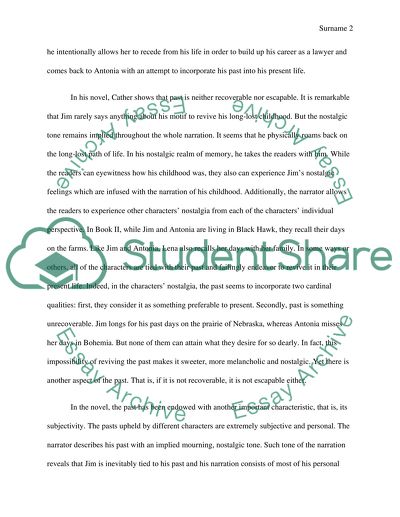Cite this document
(“Nature's Influence on the Central characters of My Antonia Research Paper”, n.d.)
Retrieved from https://studentshare.org/literature/1403892-my-antonia
Retrieved from https://studentshare.org/literature/1403892-my-antonia
(Nature'S Influence on the Central Characters of My Antonia Research Paper)
https://studentshare.org/literature/1403892-my-antonia.
https://studentshare.org/literature/1403892-my-antonia.
“Nature'S Influence on the Central Characters of My Antonia Research Paper”, n.d. https://studentshare.org/literature/1403892-my-antonia.


